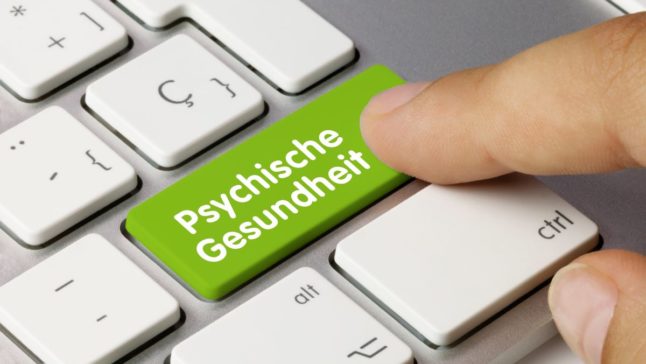It’s set to be the second Oktoberfest since the pandemic – and after two years of closures in 2020 and 2021 at the height of Covid-19, the decision to reopen wasn’t without its critics.
But this year, virologists are much calmer about the prospect of Europe’s largest folk festival taking place, even when Covid infections are once more on the rise.
Running between September 16th and October 3rd, Oktoberfest is expected to attract around six million guests from all over the world. In previous years, it has been a hotspot for respiratory infections and even in pre-pandemic times, the so-called “Wiesn flu” – named after the local name for Oktoberfest – always ran rampant during and after the event.
READ ALSO: German doctors urge Covid-19 self-tests amid new variant
This year, the number of respiratory diseases is likely to rise after millions of guests cramp into crowded beer tents, according to health experts
But Christoph Spinner, head of infectious diseases at Munich Technical University Clinic said Covid was likely to be no more dangerous than other seasonal viruses.
“I don’t see the need to single out Sars-CoV-2 yet,” he told DPA.
However, Clemens Wendtner, head physician of infectious diseases at the München Klinik Schwabing, thinks infections are highly likely to swell during the event – which could boost the national incidence of infections per 100,000 people.
“There may be a bit of a boost to the infection incidence due to the Wiesn,” he admitted.
However, unlike in the first two years of the pandemic, when the population had little to no immunity to Covid, this year it’s perfectly reasonable to celebrate Oktoberfest in the same way as the past, Wendter added.
“The Wiesn will not cause intensive care units to fill up.”
Vocabulary
spread – verbreiten
the pandemic – Die Pandemie
Oktoberfest – das Oktoberfest or d’Wiesn (local Munich slang)
folk festival – das Volksfest
We’re aiming to help our readers improve their German by translating vocabulary from some of our news stories. Did you find this article useful? Let us know.



 Please whitelist us to continue reading.
Please whitelist us to continue reading.
Member comments